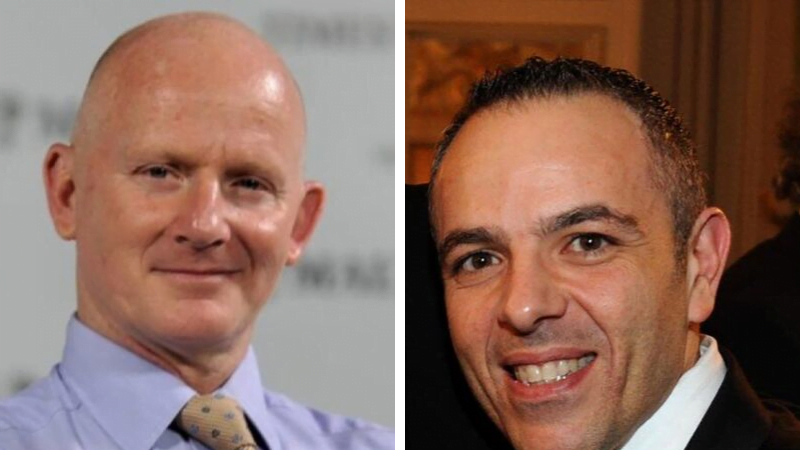The Prime Minister’s chief of staff Keith Schembri has been called out for the way in which he “controls the newsprint market” in Malta and his tendency to remind journalists “what they owe him”, in a report released today by Reporters Without Borders (RSF).
Entitled ‘Newspapers That Never Arrive‘, the report refers to Schembri’s ownership of Kasco, a company that supplies paper to media and distribution companies, as an example of pressure on newspaper printers and distributors that may result in censorship and infringements on media freedom.
The report refers to an incident in 2018, where Schembri was asked about his links to offshore companies revealed in the Panama Papers. “Maybe I used [my money] to pay your wages,” Schembri told Jacob Borg, a Times of Malta journalist.
The report also noted allegations of kickbacks involving Schembri and Adrian Hillman, the former managing director of Allied Newspapers that publishes The Times of Malta. A magisterial inquiry was launched over two years ago but there is no indication of the findings.
It is alleged that Hillman accepted some €650,000 in bribes from Schembri, via the now-defunct Pilatus Bank. An investigation into the matter has “ground to a halt”, RSF said.
The report by the international media freedom organisation takes an in-depth look at part of the news publishing process that is often overlooked – the role of printers, distributors, and retailers. These “rarely named” entities are essential links in what is described as a “long and complex press distribution chain”.
Obstacles to this process result in readers being unable to access news stories appearing in print as well as “diverse sources of information and essential nourishment needed to feed minds in a democratic society.”
The report raises questions on Schembri’s ownership of Kasco, a supplier to media houses in Malta, while he is the Prime Minister’s Chief of Staff, allowing him control over the newsprint market. This could result in censorship by media houses that rely on their business relationship with Schembri’s company, RSF said.
The concept of press freedom relates not just to the ability of journalists and media organisations to be able to work without fear, but also the freedom to circulate the product, the organisation said.
“A publisher’s financial health must be preserved, printers must be free to print whatever newspapers they want…Any interference or any impediment in this process limits the public’s access to information.”
“It sometimes takes time, but the control that an oligarch or government exercises over the print or distribution sector may allow them to get rid of an unwanted publication discreetly and definitively,” the report states.
The organisation highlights another case in Bulgaria, relating to a businessman who wields total control over press distribution.
Delyan Peevski, Bulgaria’s wealthiest politician, has built a major media empire called New Bulgarian Media Group. RSF states that through this Group, he “exercises opaque control” over a number of daily newspapers, TV channels, and news websites. It also explains how the oligarch “controls the private sector press distribution company, the National Distribution Agency”.
Three Bulgarian cartoonists who launched a magazine called “Pras-Pres” (Pig-Press) found that their first issue left the printing press but never made it to the shelves. It later emerged that the distributor, linked to Peevski’s Agency, refused to distribute it and tried to conceal its existence. The front cover had a cartoon of Prime Minister Boyko Borisov and Socialist Party leader Kornelia Ninova in bed together.
Another example is the way in which the Azerbaijan government uses its “tentacular powers” to systematically silence the country’s independent newspapers, including ‘Azadlig’ in 2016.
Run by Ganimat Zadid, who has lived in self-imposed exile in Europe since 2011, he explained how the authorities banned vendors from operating newspaper kiosks and the sale of newspapers in the metro system, rendering it impossible to sell independent print media. Zadid described a State that has a printing monopoly as well as a distribution network monopoly.
The report includes a number of recommendations to be implemented that centre around preventing the obstruction of the dissemination of a free, diverse, and independent press, and punishing any violations of press dissemination quickly and effectively.













